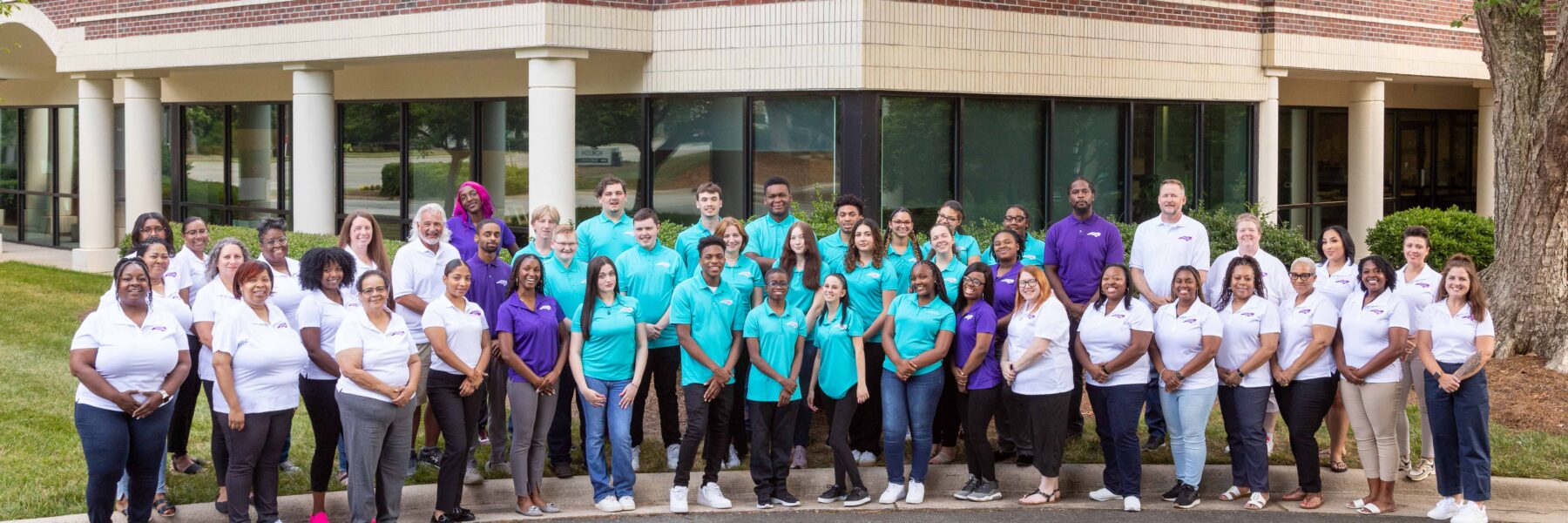By Carmelita Coleman
Reunification is often the goal for children and youth placed in foster care. For older youth, this journey is especially complex, as it involves not only addressing the immediate issues of safety and stability, but also preparing them for adulthood. SaySo, Strong Able Youth Speaking Out, works with youth and young adults ages 14-26. The perspective I’ll provide comes from the experiences of those older youth and what they have shared.
Throughout the years, many youth and young adults have expressed they feel that reunification would be unlikely due to the severity of their parents’ substance misuse or mental health needs. For them, reunification doesn’t seem likely and will not happen until they age out of care at 18. At the age of 18, many youth choose to reunite with their families of origin instead of continuing to receive supportive services. However, since Covid, some policies have changed and allow for more flexibility for youth regarding placement with their removal parents. So with that, the path to reunification for older youth in foster care requires a holistic approach, involving collaboration between social workers, birth families, foster families, and the youth themselves. It is a process that focuses on strengthening family dynamics, ensuring the child’s needs are met, and preparing the youth for independent living while fostering healthy and supportive relationships.
Understanding Reunification for Older Youth
Reunification is the process of returning a child or youth to their biological family after they have been removed due to safety concerns. For younger children, this process typically focuses on ensuring their physical safety and emotional well-being, which may include parenting education, therapy, and rehabilitation. However, for older youth, the process requires additional consideration of their developmental stage. These youth are nearing adulthood and may have had more complex life experiences, often involving trauma, neglect, or abuse. Therefore, the reunification process needs to account for their specific emotional and developmental needs, as well as their autonomy and ability to transition into adulthood.
Family Engagement and Support
A key aspect of reunification is the involvement of the youth’s biological family. For older youth, rebuilding trust between family members and facilitating open communication are essential. Social workers and family therapists often engage with birth families to address the root causes of the youth’s placement in foster care, which may involve substance use, domestic violence, or mental health issues. Parent-child reunification therapy or family counseling can play a significant role in this stage, helping family members to heal, understand their child’s needs, and learn healthier ways of relating to each other.
For older youth, the process also involves a strong focus on ensuring that they have input in decisions about their reunification. Since they are on the cusp of adulthood, they often have strong feelings about their future. These youth may feel conflicted, both desiring independence and needing to rebuild their relationship with their biological parents. Engaging them in discussions about the reunification process, setting clear expectations, and providing them with the opportunity to express their concerns can empower them and help ease their transition.
Fostering Independence and Preparing for Adulthood
Older youth in foster care often face unique challenges, such as a lack of preparation for independent living. As they approach the age of 18, many youth in foster care must transition into the adult world, often without the necessary life skills, financial resources, or emotional support. As part of the reunification process, foster care agencies can offer programs aimed at preparing youth for adulthood including life skills training, educational support, and job readiness programs. These services can assist in building the self-sufficiency needed for successful reunification and long-term stability.
Additionally, reunification for older youth often requires a shift in focus from the family of origin to the creation of a network of supportive adults. Many older youth in foster care experience a sense of loss and disconnection from their birth families, making it important to ensure they have mentors, community resources, and stable connections outside of their immediate family. Rebuilding relationships with their birth family is just one part of their journey; creating a broader support system is equally critical for long-term success.
The Role of Social Workers and Resource Parents
Social workers play an integral role in facilitating reunification. They help assess the needs of the family, track progress, and ensure the safety and well-being of the youth throughout the process. For older youth, social workers must balance the desires of the youth with the realities of the situation. Reunification may not always be immediately feasible, and it is important for social workers to recognize when a different solution, such as permanent guardianship or adoption, is in the best interest of the child.
Resource parents also play an essential role in the reunification process. They provide a stable and safe environment for the youth while also supporting them emotionally and preparing them for the possibility of returning to their birth families. A supportive foster family can ease the transition back to the biological family, offering guidance and stability as the youth re-enter their homes.
Conclusion
Reunification for older youth in foster care is a complex and nuanced process. It requires the collaboration of birth families, foster families, social workers, and community resources to ensure that the youth’s emotional, developmental, and practical needs are met. By focusing on strengthening family dynamics, preparing the youth for independent living, and providing emotional and social support, older youth can navigate the path to reunification with greater success. While the journey is challenging, with the right support systems in place, it can lead to lasting stability and healthier family relationships.
Ms. Carmelita Coleman, MSW, is the Executive Director of Strong Able Youth Speaking Out (SaySo), part of the Children’s Home Society of North Carolina


